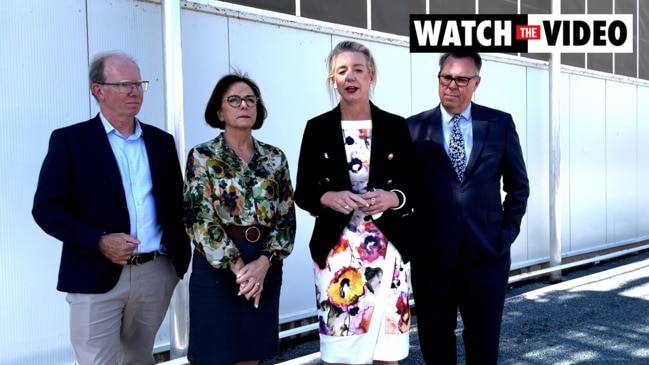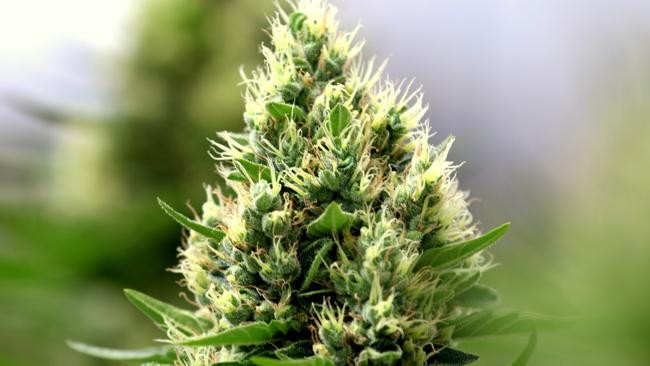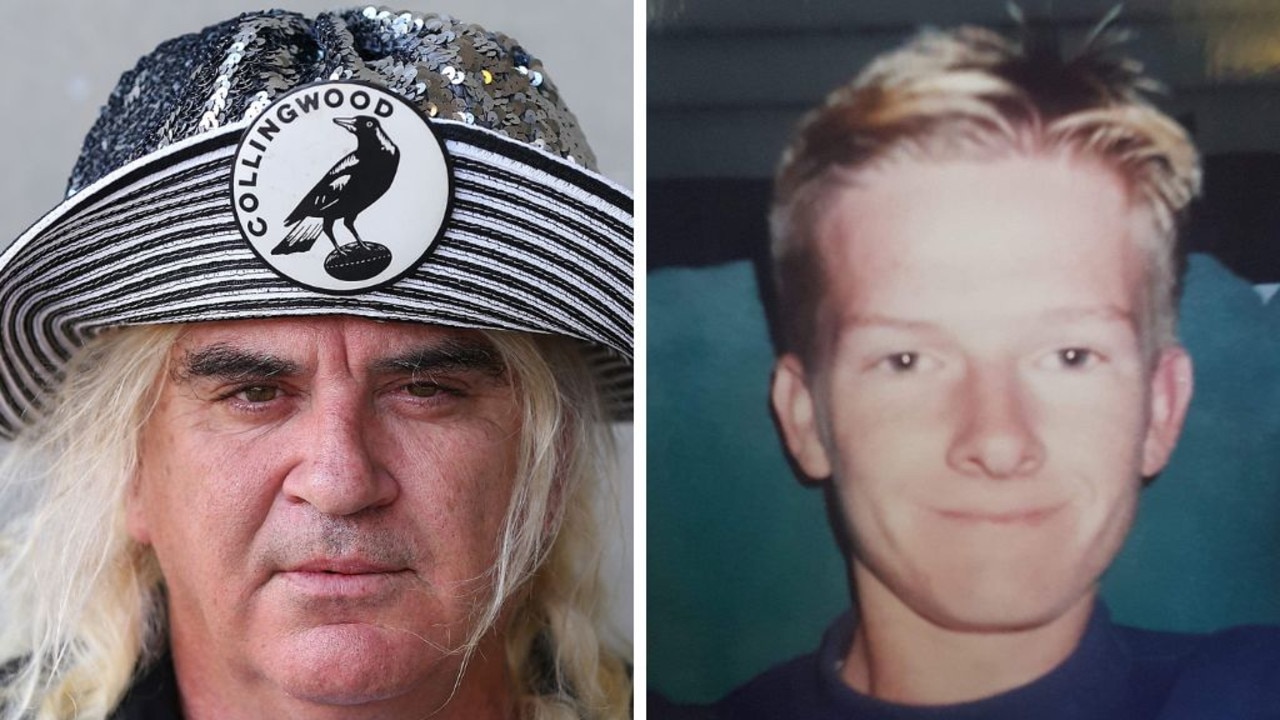Surge in medicinal cannabis use in Australia
There are three main reasons Australians are turning to medicinal cannabis use - despite little evidence it helps. See why and which state tops the list.

News
Don't miss out on the headlines from News. Followed categories will be added to My News.
Medicinal cannabis use is surging in Australia — and age is no barrier with babies and even a person aged 103 using the treatments.
Queensland has emerged as the nation’s prescription cannabis capital with that state’s doctors responsible for more than half of the roughly 250,000 scripts issued in Australia in the past five years, a Sydney University study found.
Interestingly, it is the potentially addictive THC version of cannabis which produces a high rather than the CBD product (which does not) that is being prescribed the most.
The drugs have been used to treat more than 140 conditions but pain, anxiety and sleep are the top three reasons people are using medicinal cannabis, which is available under a special access scheme in Australia.
There is little clinical evidence the drugs have any effect on these conditions.
The Australian Faculty of Pain Medicine says not to prescribe medicinal cannabis for pain.
There has been a marked increase in prescriptions of the THC form of the drugs for anxiety, particularly to males aged 31 or younger, the study published in Frontiers in Pharmacology found.
“Historically, the effects of THC have been described as anxiety-inducing, although this may depend on dose size and other factors,” study author Dr Elizabeth Cairns said.

Study co-author and Sydney GP, Associate Professor Vicki Kotsirilos said the top reasons for prescriptions didn’t surprise her.
“Pain, anxiety and sleep issues are often interconnected – chronic pain can also cause mental health and sleep issues.”
While it could be presumed that tens of thousands of prescriptions for an individual condition such as pain indicated the drugs worked even though there was no clinical evidence, this was not certain, the authors said.
It could simply be a “feed-forward” cycle where doctors saw other doctors prescribing it for this purpose so they ordered it for their own patients even in the absence of perceived patient benefit, the study said.
In its guidelines the nation’s medicines regulator the Therapeutic Goods Administration says the most clinical evidence exists for using the drugs in multiple sclerosis, palliative care, epilepsy (paediatric and young adult patients), nausea and vomiting, and chronic non-cancer pain.
Most people using the drugs were taking it in the form of oil which is absorbed through the gut and takes some time to work.

However, increasingly the flowers of the plant were being prescribed as an inhalant where the effects were more immediate and Dr Cairns said this could be useful for pain relief.
She said even though people were using the THC version of cannabis, this did not necessarily mean they were getting a high.
“When you drink alcohol you don’t always get drunk,” she said.
The costs of the treatment can be as high as $8 per day and the latest data for March shows more than 10,000 medicinal cannabis scripts per month are being issued.
Even though access to medicinal cannabis began in 2016, more than 85 per cent of total prescriptions to date have been given since January 2020.
The researchers were unable to say whether the rise was pandemic related but did comment that recent changes to rules about prescribing might be behind the surge.
There is as yet no data collected on patient outcomes.
“Unfortunately, we just don’t know if these treatments were effective for these patients, but this data highlights where we can focus our attention next – to do focused studies and/or clinical trials,” Dr Cairns said.





